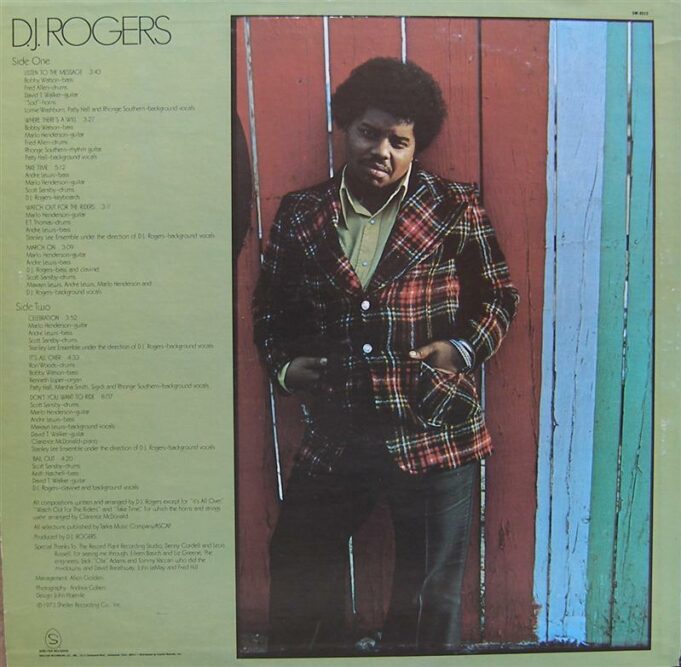D.J. Rogers, born DeWayne Julius Rogers in Los Angeles was a singer and songwriter who moved people of all ages with his lyrics. He recently passed away at age of 72. “He was an amazing vocalist, but he was also a writer, a genius writer and producer,” radio personality Jaye Delai told The Final Call. He’s played D.J. Rogers music around the country on radio stations from Houston to Atlanta, to Charlotte and more. “He and my father were close friends. He’s one of my favorite artists.” Mr. Rogers died Aug. 22.
“He was a Quiet Storm artist. I played his records during my old-school formats. His records are real love songs. The songs that have words that mean something. You know them when you’re in love. You really know that you’re in love with somebody because every song means something. The song starts meaning something very important to you. That’s D.J. Rogers music,” said Mr. Delai.
D.J. Rogers hit the Billboard Hot 100 in 1975 with Say You Love Me, from his sophomore album It’s Good to Be Alive. That song was covered by Natalie Cole in 1999.
“I was a complete fan of that song,” record industry executive Don Enoch Muhammad told The Final Call. “I didn’t know what love was as an 11 year old but I had my mother buy me the album.”
Years later, Don Enoch Muhammad went to work for Motown Records and the label signed D.J. Rogers Jr. “He and I became friends. The first thing I said to him is that I’m an incredible fan of your father,” he recalled.
“More time passed, I was at Minister (Louis) Farrakhan’s National House receiving his guests and in walks D.J. Rogers,” he said referring to the Nation of Islam minister. “I immediately knew who he was and after the welcome procedure, I introduced myself. I told him that I had been a fan of his since childhood. I told him I worked at Motown Records, we recently signed his son and we were friends.”
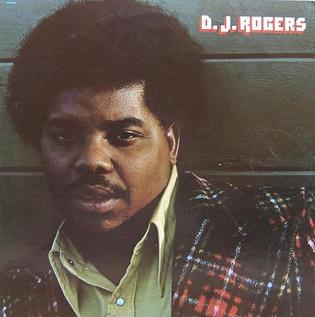
D.J. Rogers career began with his debut album for RCA Records, It’s Good to be Alive, released in 1975. It rose to number 36 on the R & B charts. Between 1975 and 1978 he released three more albums, but none gave him the success that his talent reflected.
He was a gifted and talented singer, song writer and multi-instrumentalist whose gifts were greater than his rewards. D.J.’s major hit was Say You Love Me, his next hit was Love Brought Me Back which also reached the Billboard 100 in 1978. His last release was in 1979 called Trust Me.
“He had a tremendous voice,” Luqman Abdul Haqq formerly known as Kenny Gamble of Gamble and Huff Music told The Final Call. “He was a unique artist. He was a full artist, a writer, a singer and a performer. I used to think he was a DJ because he had DJ in front of his name. It will be a long time before there will be another D.J. Rogers,” he added. “He had an identifiable voice. When you heard it, you knew it was him.”
On another occasion when D.J. Rogers visited his friend, Min. Farrakhan, music enthusiast and Student Minister Jamil Muhammad was there. “There were a group of musicians and power hitters in the music industry at the Minister’s home. I was blessed to be there that night, so you know I was in heaven. When I saw D.J. Rogers standing in the waiting area, I kind of eased up behind him and gently sang in his ear, ‘One Tuesday evening alone, it brought me back,’ and he spun around on his heels, surprised to hear somebody sing one of his songs so many years later,” Jamil Muhammad told The Final Call.
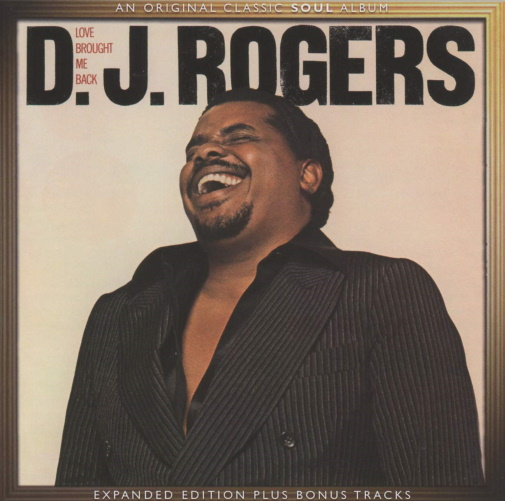
“He turned around and looked at me. He said, ‘Man, what are you doing?’ I hugged him and we smiled. I said, ‘Mr. D.J. Rogers, thank you for music that gives life, that brings people up out of darkness.’ He hugged me again. He said, ‘Brother, thank you. That means so much.’”
Jamil Muhammad has fond memories of that dinner event. “I clearly remember D.J. Rogers saying, ‘Brother Minister, you have the gift of music, use it as a weapon against ignorance and hate.’ He said, ‘Use your weapon Brother Minister. Use it and help destroy hate and ignorance.’ D.J. Rogers was very much a believer in both music and the integrity and value of Minister Farrakhan. I love him for that if nothing else,” added Jamil Muhammad.
“I’m hurt that he won’t be producing anything new, but his existing repertoire is rich in the spirit, the energy and the power of Black music to lift, to create life where there was death and light where there was darkness.”
That may have been the first time D.J. Rogers told the Minister to use his music as a weapon but not the last. “D.J. Rogers visited the Minister at the Farm and with him is Charles Veale, the Minister’s violin teacher. The Minister is playing the violin,” reflected Don Enoch Muhammad.
“D.J. Rogers interrupts the Minister and says, ‘Excuse me, Brother Minister. I have something to say; I don’t want you to put me out of your home once I say it.’ Of course, the Minister said that he wouldn’t do that. D.J. Rogers says to the Minister; ‘David was a shepherd. He was a warrior. He was a prophet. He was a king and he was a musician. God has given you a weapon that you are not using,’” reflected Don Enoch Muhammad.
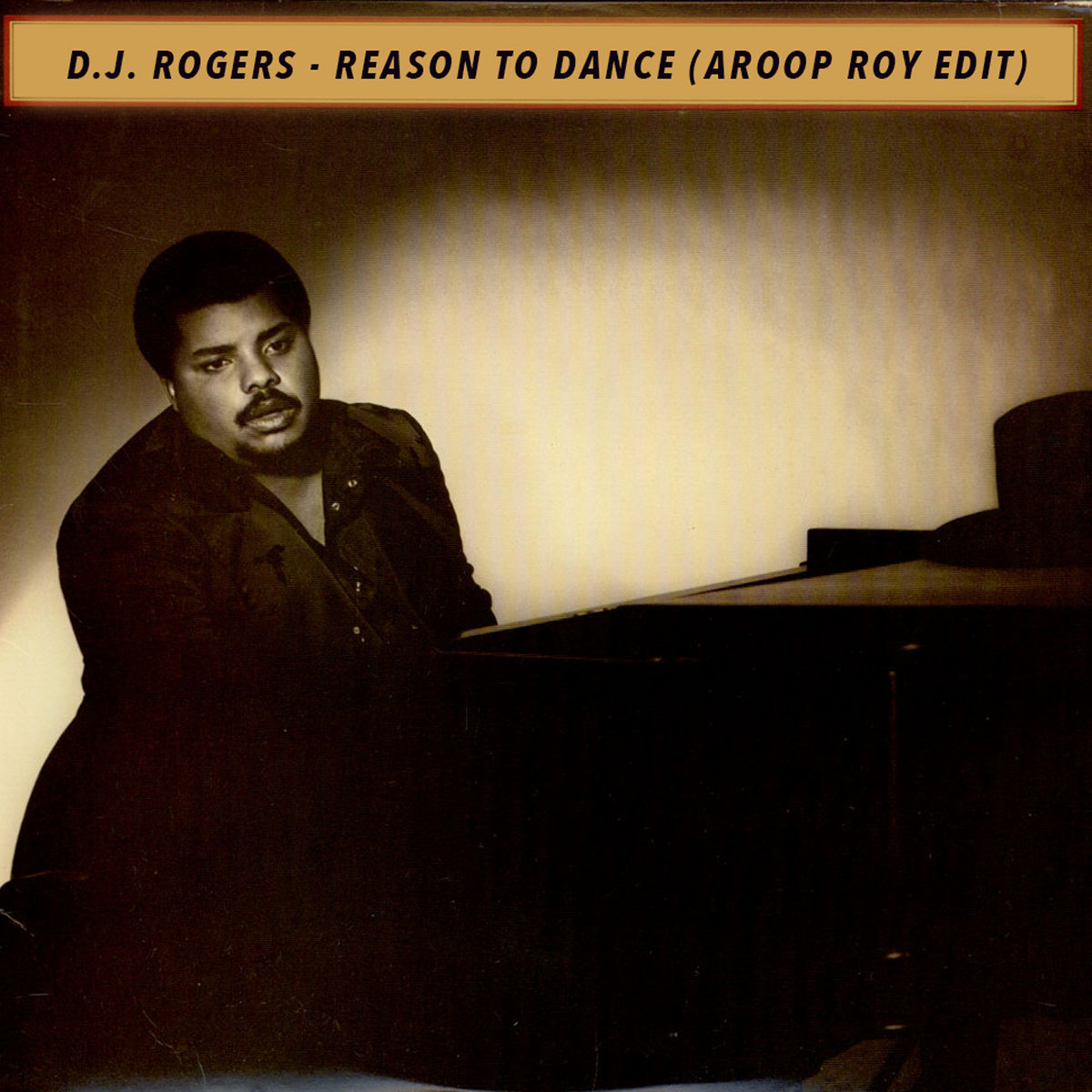
Those words impacted Minister Farrakhan, the analogy of being likened to David. “The first time the Minister was a dinner guest of the Most Honorable Elijah Muhammad he told the Minister very quietly, ‘You remind me of David’. When D.J. Rogers says that he is like David, it resonated with the Minister. D.J. Rodgers was instrumental in getting the Minister to pick up his violin and play again,” said Don Enoch Muhammad. “He also encouraged him to record the music project, Let’s Change the World.”
Minister Farrakhan followed that advice and worked for 14 years to create music with Grammy Award-winning legends like Chaka Khan, Stevie Wonder, Stephanie Mills, as well as Hip-Hop luminaries Rick Ross, Snoop Dogg, and Common. The project was released in 2018.
D.J. Rogers entered the music scene when there were many great artists. While Say You Love Me is his most recognizable hit, D.J. often wondered if the labels were promoting his music properly to help him achieve success.
“Record labels have ‘what have you done for me lately’ attitude,” radio veteran Bob Law told The Final Call. “They didn’t believe in an artist unless their music was happening. They didn’t make the music happen. Record labels don’t promote music as if they believe in the artist. D.J. came when artists had to excel or fail. Stevie Wonder and Donnie Hathaway, The Temptations and The Four Tops, The Spinners and The O’Jays, all were doing quite well,” said Mr. Law.
“However, some couldn’t sustain themselves. Record labels didn’t even consider what they did in music. They called it product. Record labels and promoters have always been criticized for having a tin ear. They couldn’t hear a song and say, ‘that’s a great song’. They hear a song and say, ‘let’s see how it does,’” he added.
“I only remember D.J. having one hit, Say You Love Me. The next time I saw him he was preaching the funeral of Nick Ashford.”
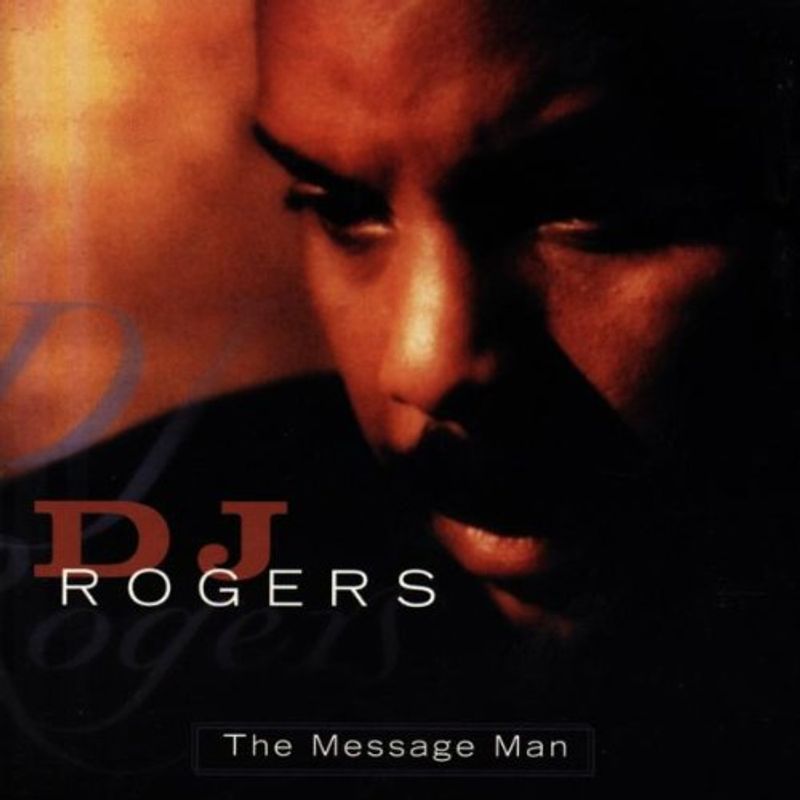
The relationship between Minister Farrakhan and D.J. Rogers goes back to the late 1970s.
“I believe they met at an Operation PUSH event,” said Don Enoch Muhammad. “During the transition after the departure of the Honorable Elijah Muhammad, the Minister was in New York with his cousin Al-Yasha Anderson and her husband Louis Small. Whenever they would leave for the day, they would put on a D.J. Rogers album. One record in particular became a favorite of the Minister, No Need to Say Goodbye,” said Don Enoch Muhammad.
“That song really moves the Minister. It makes him happy, and a few moments later, he is crying. That’s because during that time, around 1977, there was the pain and the emotion of the transition in the Nation of Islam. D.J. Rogers was very important to the Minister from then up to his death. His music was a comfort to the Minister during a very painful time.”
DeWayne Julius “D.J.” Rogers was born May 9, 1948, in Los Angeles. At presstime no funeral or memorial arrangements had been announced.












